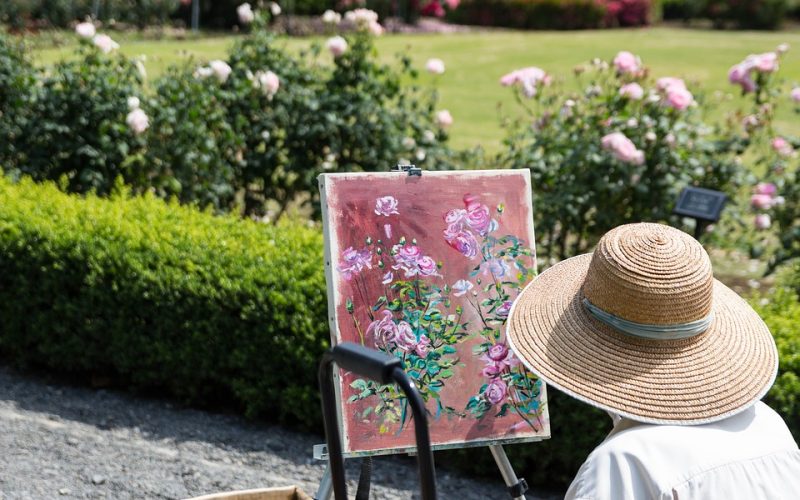Art plays a vital role in children's development, influencing their cognitive and emotional growth while providing a means of expression. In an age dominated by technology and academic performance, the inclusion of art in a child's life can seem less critical. However, its benefits are immeasurable, laying the foundation for a well-rounded individual.
Cognitive development through art
Art is a powerful tool for enhancing cognitive development in children. Engaging in creative activities stimulates the brain, fostering skills such as problem-solving, critical thinking, and decision-making. Through the process of creating art, children learn to think outside the box, exploring various solutions to a problem. Studies have shown that children exposed to art are more likely to excel in subjects like maths and science due to their enhanced ability to analyse and interpret information.
Furthermore, art encourages the development of fine motor skills. Activities such as drawing, painting, or sculpting require precise hand movements that strengthen hand-eye coordination and dexterity. These skills are essential for everyday tasks and academic success, as they form the basis for writing and other intricate activities.
Boosting emotional intelligence
Introducing art to children goes beyond cognitive development; it plays a crucial role in nurturing emotional intelligence. Art provides a safe and expressive outlet for children to explore their emotions and communicate their feelings. This non-verbal form of communication allows children to process and understand complex emotions, fostering empathy and self-awareness.
By engaging with art, children learn to appreciate different perspectives, cultures, and experiences. This exposure broadens their understanding of the world and cultivates a sense of empathy and tolerance towards others. Encouraging children to express themselves through art can also lead to better mental health, as they learn to manage stress and anxiety in healthy ways.
Encouraging creativity and innovation
In today's rapidly changing world, creativity and innovation are highly sought-after skills. Introducing art to children encourages these qualities, as they learn to approach challenges with an open mind and a willingness to experiment. The creative process involves trial and error, allowing children to develop resilience and adaptability when faced with obstacles.
Art also nurtures curiosity and imagination, key components of a creative mindset. By exploring different materials, techniques, and styles, children learn to think creatively and apply their newfound knowledge in diverse situations. This ability to innovate and adapt is invaluable in both personal and professional realms, making art an essential component of a child's education.
Building confidence and self-esteem
Art provides children with a unique opportunity to build confidence and self-esteem. When children create art, they experience a sense of accomplishment and pride in their work. This positive reinforcement encourages them to take risks and explore new ideas without fear of failure. As they develop their artistic skills, children gain confidence in their abilities and become more self-assured in other areas of their life.
Furthermore, art allows children to express their individuality and stand out from their peers. By celebrating their unique talents and perspectives, children learn to appreciate their own worth and develop a strong sense of self. This self-awareness and confidence are essential for success in both personal and academic settings.
Fostering social skills and collaboration
Art is not just an individual pursuit; it can also be a highly social activity that fosters collaboration and communication. Group art projects, workshops, and exhibitions provide children with opportunities to work together, share ideas, and learn from one another. These collaborative experiences teach children the importance of teamwork, cooperation, and effective communication.
By participating in group art activities, children learn to respect differing opinions, negotiate conflicts, and work towards a common goal. These essential social skills are transferable to various aspects of life, from school to future workplaces. By introducing art to children, we provide them with a platform to develop these vital skills in a supportive and inclusive environment.
Introducing art to children is a crucial aspect of their development, offering countless benefits that extend beyond the realm of creativity. By fostering cognitive growth, emotional intelligence, creativity, confidence, and social skills, art lays the foundation for a well-rounded individual capable of navigating the complexities of life. Encouraging children to explore and engage with art not only enriches their lives but also prepares them for a successful future, making it an indispensable element of their education.



















